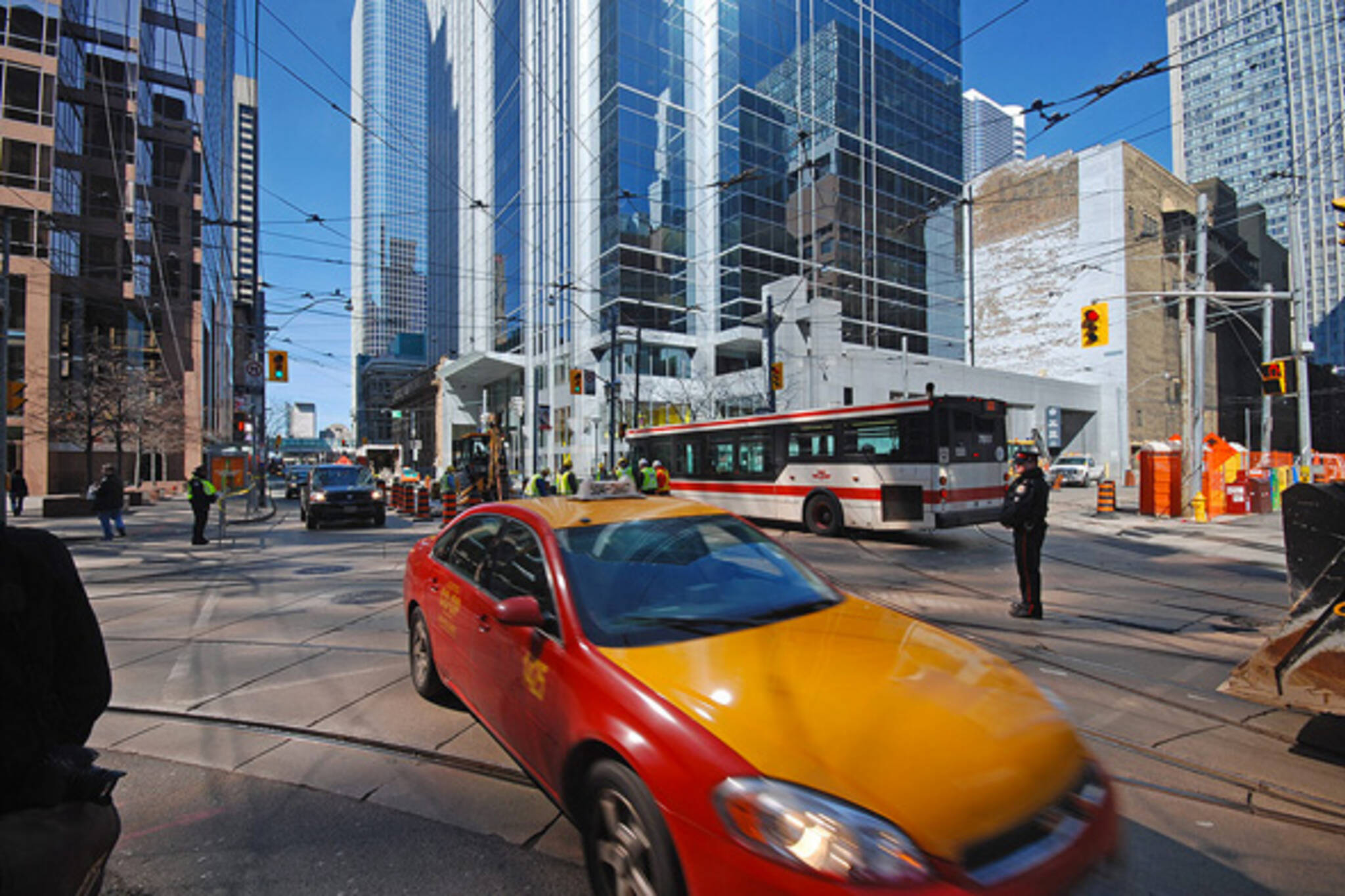
Massive lawsuit filed against Uber in Toronto
The Uber saga continues today after Stutts, Strosberg LLP filed a $400 million class action with the Ontario Superior Court of Justice on behalf of the province's taxicab owners, taxicab drivers, taxicab brokers, limousine owners, limousine drivers and limousine service companies.
The plaintiff, GTA-area taxicab owner and operator Dominik Konjevic, alleges that UberX contravenes section 39.1(3) of Ontario's Highway Traffic Act, which reads, "No person shall arrange or offer to arrange for a passenger to be picked up in a motor vehicle other than a bus for the purpose of being transported for compensation except under the licence, permit or authorization that is required to do so, as described in subsection."
While Uber is allowed to operate in Toronto under the city's current bylaws, the suit claims that UberX and UberXL go against this part of the traffic act. This lawsuit is looking for $400 million in compensatory damages, $10 million in punitive damages, as well as an injunction to bar UberX from running in Ontario.
It also asserts that Uber, UberX and UberXL "knowingly created and control a business enterprise that would harm the business interests of the Plaintiff and the Class Members."
The class action lawsuit comes on the heels of Uber's expansion into Waterloo, Hamilton, London and Guelph today.
Photo by sniderscion on the blogTO Flickr pool.
Latest Videos
Latest Videos
Join the conversation Load comments







